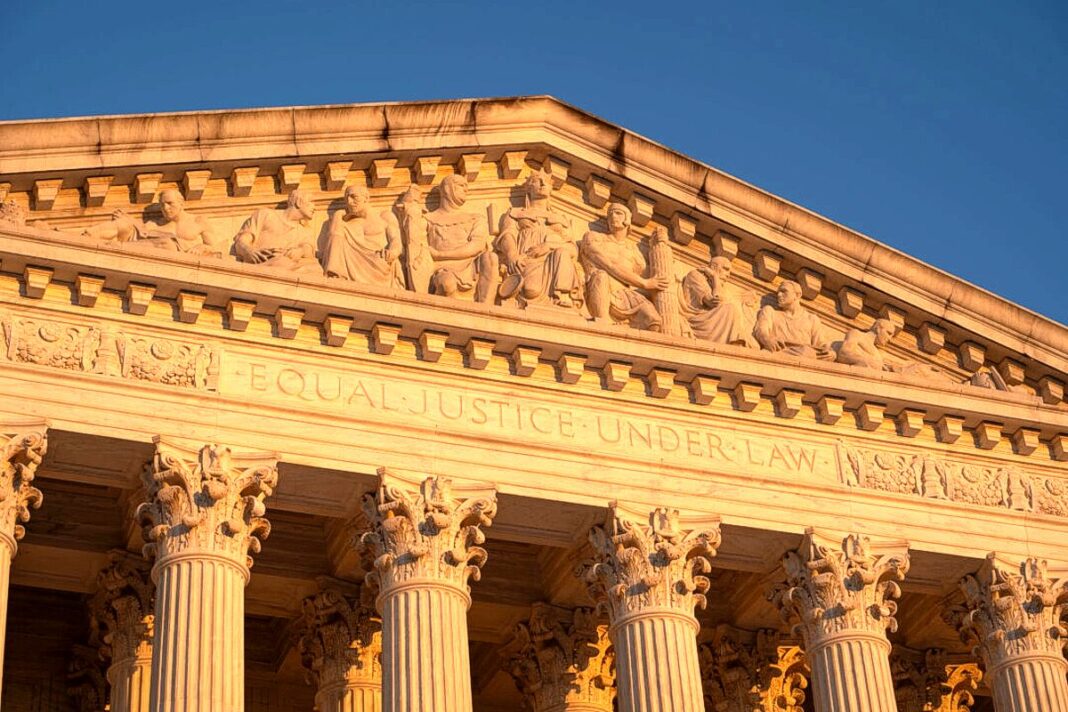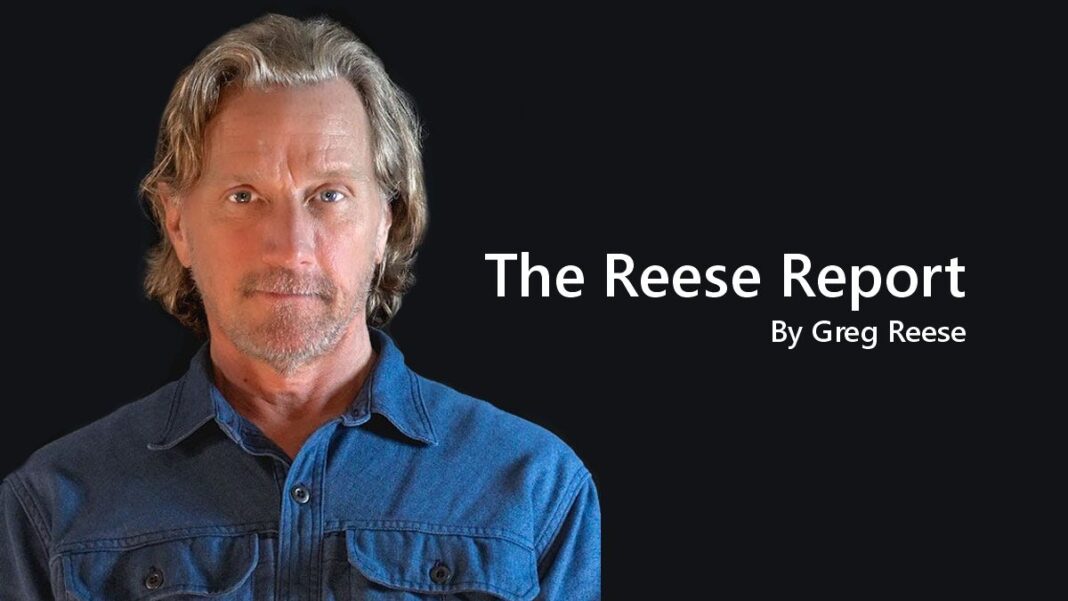The Fifth U.S. Circuit Court of Appeals previously ruled that the system used to support the Universal Service Fund was unconstitutional.
The U.S. Supreme Court on March 26 considered whether it should uphold a lower court ruling that invalidated an $8-billion-a-year broadband subsidy for rural and low-income regions.
The case is actually two cases. One is Federal Communications Commission v. Consumers’ Research. The other is Schools, Health & Libraries Broadband Coalition v. Consumers’ Research.
On July 24, 2024, the U.S. Court of Appeals for the Fifth Circuit held that the Universal Service Fund was unconstitutional because it improperly took the taxing power away from Congress.
The fund was authorized by Congress in the Telecommunications Act of 1996 to provide subsidies for telecommunications services, including internet service, according to the Federal Communications Commission (FCC). The fund provides subsidies for telephone companies serving high-cost regions, low-income customers, rural health care providers, schools, and libraries.
The program is supported by a tax on telephone service and is administered by the Universal Service Administrative Company, a private company created by the FCC. The tax is collected through line-item charges that appear on monthly telephone bills.
The Fifth Circuit held that the system used to support the fund violates the nondelegation doctrine, which states that Congress may not delegate its legislative powers to other entities, including private organizations and administrative agencies.
In other words, the court found that Congress had given too much of its authority to the FCC and that the agency had yielded too much of its authority to the Universal Service Administrative Company.
On behalf of the FCC, then-Solicitor General Elizabeth Prelogar argued in its petition that the Fifth Circuit’s ruling should be overturned.
“[The decision] invalidates the system that the Commission has used for a quarter century to implement an important Act of Congress,” she wrote. “If left in place, the decision will upend the universal service programs, to the detriment of millions of consumers nationwide.”
The respondent, Consumers’ Research, a nonprofit organization based in Vienna, Virginia, filed a brief arguing in favor of the Fifth Circuit’s decision.
After describing the Universal Service Fund as “a multibillion-dollar social welfare program with an appropriation from federal revenues,” the group stated that it was a problem that “Congress imposed no formula, ceiling, or other meaningful restrictions on how much money can be raised for the [fund].”







